












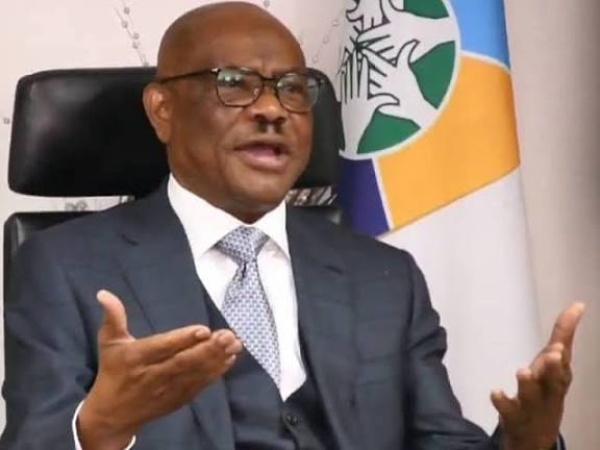

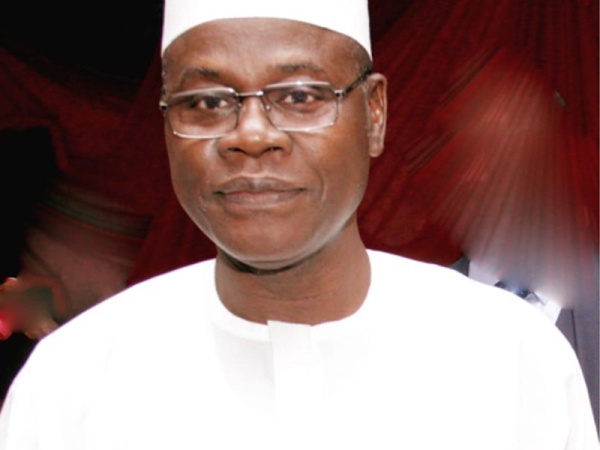
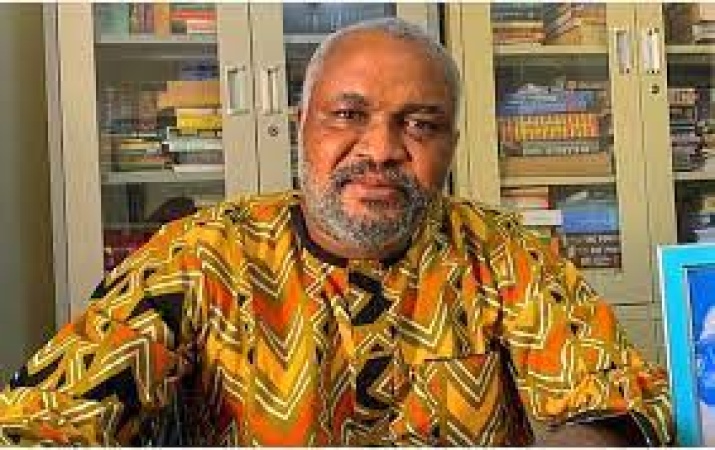
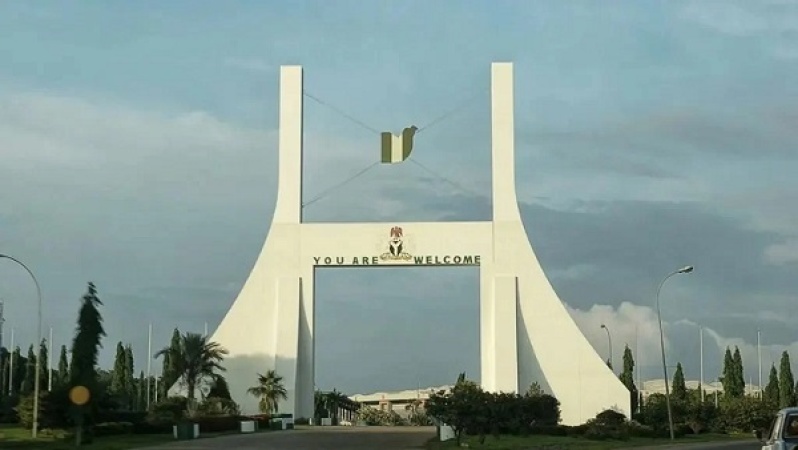
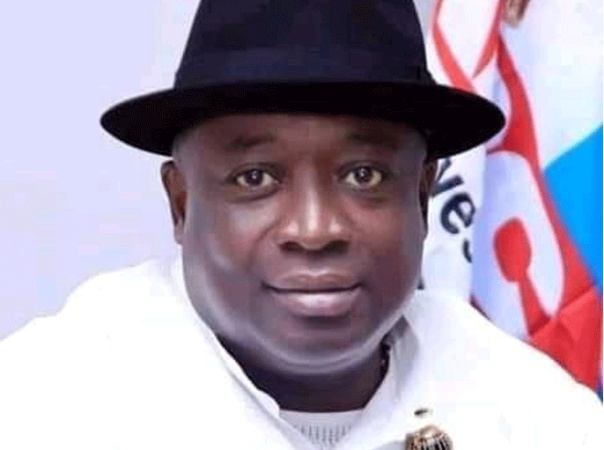
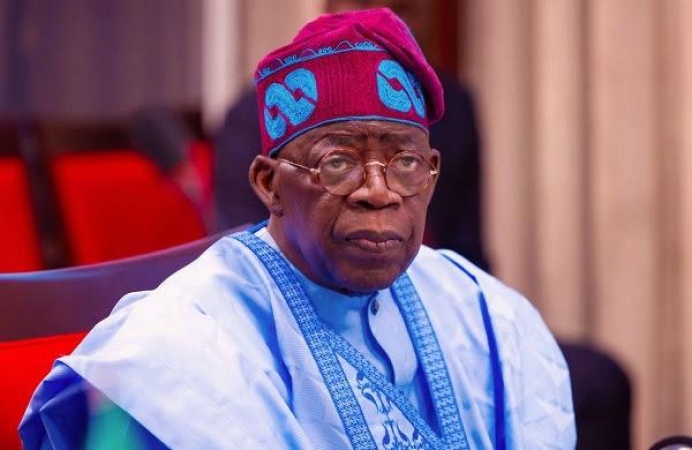
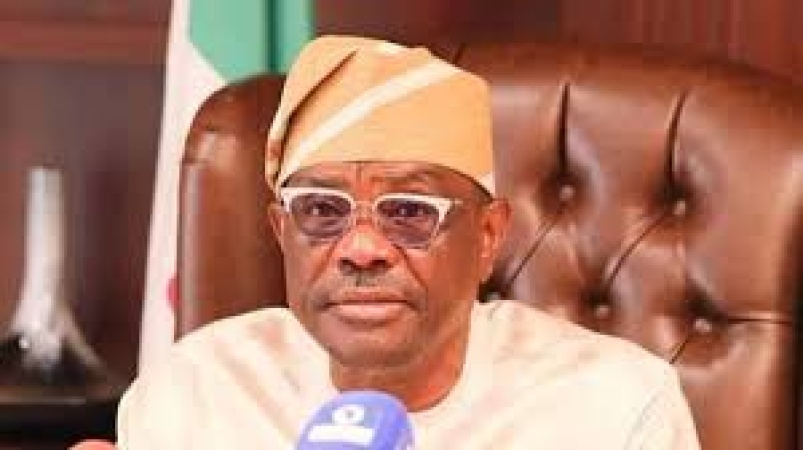


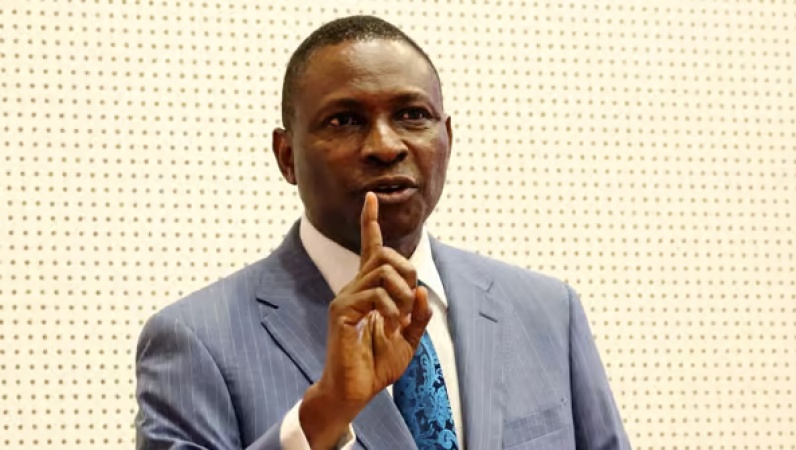
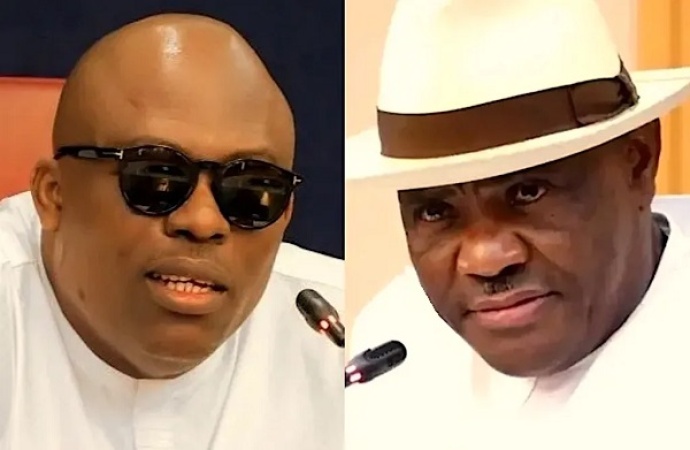



Loading banners


NEWS EXPRESS is Nigeria’s leading online newspaper. Published by Africa’s international award-winning journalist, Mr. Isaac Umunna, NEWS EXPRESS is Nigeria’s first truly professional online daily newspaper. It is published from Lagos, Nigeria’s economic and media hub, and has a provision for occasional special print editions. Thanks to our vast network of sources and dedicated team of professional journalists and contributors spread across Nigeria and overseas, NEWS EXPRESS has become synonymous with newsbreaks and exclusive stories from around the world.

“The white man is very clever. He came quietly and peaceably with his religion. We were amused at his foolishness and allowed him to stay. Now he has won our brothers, and our clan can no longer act like one. He has put a knife on the things that held us together and we have fallen apart.” — Chinua Achebe, “Things Fall Apart”
Early last month, a close friend of mine of more than two decades lost his younger sister to cancer. On Friday, April 26th, the deceased was buried at her husband’s village of Isinweke in Imo, after which we retired to my friend’s country home in Mbutu, Aboh Mbaise Local Government Area of the same state to spend the weekend. The next day, Saturday in the afternoon, some prominent people, including Dr. A.B.C. Orjiako and a traditional ruler from the area, visited and stayed for lunch. In the course of the meal there was a serious argument in Igbo, interspersed with English. The topic of discussion: opposition to the appointment of Father Peter Okpaeleke as the Catholic Bishop of Ahiara Diocese of Mbaise.
My friend, by the way, is an Anglican so he was not directly involved in the conversation but from the tenor of the engagement, it would seem that the issue transcended denominational differences among the Mbaise people. As far as the traditional ruler was concerned, Bishop Okpaeleke should consider himself a persona non grata in Mbaise, while the only way for peace to reign was for the Pope to rescind the decision by appointing one of the several priests from the area as the Bishop of Ahiara Diocese. On his part, Dr Orjiako was vehement in his stance that such appointments are beyond questioning even though his position was put down to the fact that he hails from Anambra State like Okpaleke. In fact, the allegation was that the appointment was part of the “Anambranisation” of the Catholic Church in the South East; of which Francis Cardinal Arinze was fingered as the man pulling the strings from the Vatican.
It is indeed instructive that the controversy which started on December 7 last year when Pope Emeritus Benedict XVI appointed Okpaeleke to replace the late Bishop Victor Chikwe will just not go away. When all efforts by the Catholic Church now under Pope Francis to convince the Diocese to accept Okpaeleke failed, and apparently unwilling to bend to the demand to appoint an Mbaise man to the office, the Catholic Church on Tuesday performed the consecration of Okpaleke as the Bishop of Ahiara not in Mbaise but rather at the Seat of Wisdom Major Seminary, Owerri, the Imo State capital. The challenge now is how the new Bishop will access his Diocese without violence.
As I reflected on this issue yesterday, I considered it most fitting that such controversy would reach a climax on the day the remains of literary icon, Professor Chinua Achebe, arrived Nigeria on the last lap of his earthly journey. Because this was a central thesis in his first, and globally celebrated novel, Things Fall Apart which explored how the advent of Christianity aided the decline and eventual disintegration of the traditional Igbo society.
I need to state at this point that the essence of this piece is not about the late 19th century Igbo society as captured in Achebe’s novel. Of particular interest to me is the fact that the late literary icon could have been speaking to the condition of any of the pre-colonial communities and peoples within the continent in Things Fall Apart. With an uncommon power of imagination, especially given the age he wrote the book, Achebe was able to use his own immediate environment and culture to lay bare the contradictions foisted on us by those who brought us “civilisation”, using their religious beliefs which nonetheless did not stop them from exploiting our differences to conquer us. It is then little wonder that we are in perpetual conflict as a result of the faiths that are different from those professed by our forefathers.
It may also be necessary here to reaffirm my spiritual conviction as a Christian who believes in the doctrine of our Lord Jesus Christ and even when I am not a Catholic, I hope the Church will realize that force cannot resolve the crisis in the Mbaise diocese. Whatever anybody may feel, the appointment of a “non-indigene” Bishop has become a serious emotional issue for a great majority of Mbaise Catholic members that will require great wisdom to resolve and I hope the leadership of the Church will work in that direction. Fortunately, from the intervention by Mr Peter Claver Oparah, himself a Catholic member who hails from Mbaise, there are several moderating voices who still believe there can be an amicable resolution of the crisis. But the lesson from it is that no matter the pretensions about religion being all about spirituality, there is a political side to which its management (or manipulation as the case may be) could pose a serious hindrance to peace and development in any society.
However, what is clear from the crisis is that in the absence of the myths and customs that held most of our societies together in the past, we are now very vulnerable to all manner of divisive tendencies as Achebe made clear in Things Fall Apart. He was able to show clearly that in Africa we had customs and traditions which were founded on the virtues of egalitarianism, equity and justice. These mores were useful both for rewards and for sanctions and they were very effective, especially in dealing with deviant behaviours.
Incidentally, in using Things Fall Apart to dissect the ethical challenge confronting our nation today in his most recent piece titled, “Which gods must be appeased?”, Professor Okey Ndibe x-rayed Okonkwo’s Umuofia community against the background of what was before, during and after the colonial conquest. From Ndibe’s profound thesis which I recommend for any student of Nigerian politics, it is easy for us to understand the nexus between leadership failure and the structural defects that plague our nation today, based essentially on the foundation erected by our colonial masters. But that is also the enduring message in Achebe’s Things Fall Apart.
While using the central character Okonkwo to bring home the tragedies and the conflicts that often arise when tradition clashes with change, Achebe was able to demonstrate also that when you supplant the culture of a people in the process, what you end up with is a caricature of a system that cannot endure. The British understood (the past tense is deliberate) that religion inspires in people a unity of purpose and a common belief in what is divine and right conduct. And they used that to build the social fabrics of our society after subjugating the ancient gods and their values to our society.
Here again, a reaffirmation: I believe in the Christian faith I profess which was brought by the colonialists but I question the altruism of those messengers, in the light of our heritage and experience. Because, whether we want to admit it or not, religion also helped to serve their political and economic ends. While it is not my intention to go into any esoteric discussion on faith for which I am not even competent, it is an indisputable fact that there is hardly any major crisis in our country today whose root cannot be traced to our two major religions. Rather than serve as instruments of peace and development, religion is now deployed to rationalize, even justify, some of the perversions we see in our society-- from corruption to violent blood-letting. The moral: as much as religion contributes to the good of a society, it can also be a destabilizing factor, especially when adherents take laws into their own hands in the name of God.
Given the foregoing , it is not too difficult to understand why the story in Things Fall Apart resonates. The point is that like most other of Achebe’s works, it has turned out to be prophetic in so many ways. What Achebe did in the narrative was to place it on record that before the advent of the Europeans, we had our cultures, our history, our religions. And that the manner in which we allowed those values to be displaced and replaced would have far reaching consequences. Now the chickens are coming home to roost.
In flowing prose laced with wisdom of the ancients, Achebe wove together a remarkable drama of existence and accomplished for us, with a simple story, what many history books about the continent have not been able to do. He brought home in vivid images the stark reality of a people deprived, but who are made to believe that their deprivation was an enhancement of their being. He revealed the contradictions inherent in a religious and political tradition that pretends that evil is good simply because it serves the purposes of the stronger man. And it is essentially because Achebe spoke such wisdom that his name will remain immortal through the ages. While his body will be laid to rest today in his native Ogidi town in Anambra State, the essential Albert Chinualumogu Achebe lives on…in our present and even future experiences. To my friend, Dr. Ike Achebe and other members of the family, I pray God’s fortitude for a time like this.
•This piece originally appears in Olusegun Adeniyi’s column “The Verdict” in today’s edition of ThisDay newspaper under the heading “Chinua Achebe Still Speaks”. Adeniyi (shown in photo) can be reached via olusegun.adeniyi@thisdaylive.com